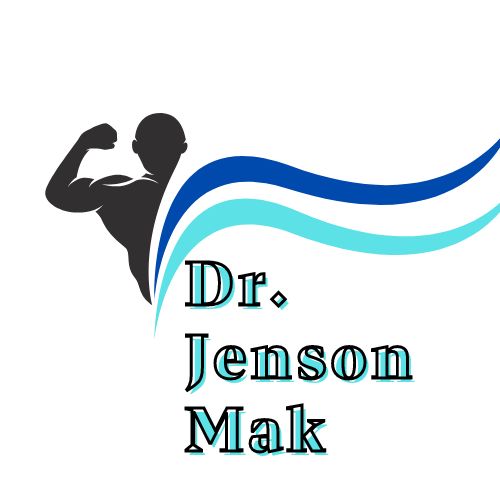A new study – Nutritional Considerations for Health Aging and Reduction in Age-Related Chronic Diseases – featured in Advances in Nutrition found that improving nutritional education within the healthcare system may promote healthier aging and reduce the financial burden of the aging population.
It is estimated that by the year 2050, almost 400 million people will be 80 years or older. This estimate is almost three times higher than in 2013. According to the published report, a growing number of this population will be susceptible to a concept known as nutritional frailty – a condition in older adults involving the sudden loss of weight and strength that increases the chance of experiencing disability. The growing number of obese older adults is also vulnerable to nutritional frailty and its associated diseases such as sarcopenia, mental decline, and infectious diseases.
The study determined that a specific model describing the various factors that influence food choices needs to be established to increase the understanding behind older adults and their food intake and meal quality. Recently, a new model was designed to monitor food intake in older adults in addition to the inclusion of randomised clinical studies. This model will help determine the specific nutritional requirements and biomarkers needed to further understand the impact of increasing age on areas such as necessary protein intake and muscle turnover. The study’s finding will also help establish new BMI guidelines tailored to the aging population.
According to Gilles Bergeron, the executive director at The Sackler Institute for Nutrition Science at the New York Academy of Sciences, “A nutritional assessment model that takes into consideration the effect of aging on muscle mass, weight loss and nutrient absorption is crucial to overall wellness in our elderly population,”. He continues, “However, nutrition recommendations are usually based on that of a typical healthy adult, and fail to consider the effect of aging on muscle mass, weight loss, and nutrient absorption and utilisation..”
Simin Nikbin Meydani, director of the Nutritional Immunology Laboratory at the Jean Mayer USDA Human Nutrition Research Center on Aging at Tufts University, agrees with Bergeron’s views on the need for personalised nutrition recommendations stating, “much greater emphasis needs to be placed on prioritising research that will fill the knowledge gaps and provide the kind of data needed by health and nutrition experts if we’re going to address this problem,”. She adds, “There also needs to be more education about on-going nutritional needs for those involved with elder-care — not only in a clinical setting, but also for family members who are responsible for aging adults.”
Simin Nikbin Meydani, director of the Nutritional Immunology Laboratory at the Jean Mayer USDA Human Nutrition Research Center on Aging at Tufts University, agrees with Bergeron’s views on the need for personalized nutrition recommendations stating, “much greater emphasis needs to be placed on prioritizing research that will fill the knowledge gaps and provide the kind of data needed by health and nutrition experts if we’re going to address this problem,”. She adds, “There also needs to be more education about on-going nutritional needs for those involved with elder-care — not only in a clinical setting, but also for family members who are responsible for aging adults.”

